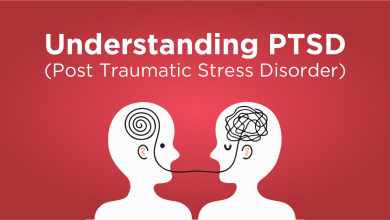Epilepsy, Depression Tops Cases At Effia-Nkwanta Psychiatric Unit

Madam Nelly Mensah, a Registered Mental Health Nurse at the Psychiatric Unit of the Effia-Nkwanta Regional Hospital in the Western Region has hinted that epilepsy was the third most common case managed in the Unit among cases like Schizophrenia, Delirium and Depression.
She mentioned that in the year 2020, a total of 506 cases were recorded out of the 2006 total cases screened at the Unit.
Out of this figure, males recorded 204 out of 803 cases screened while females recorded 302 cases out of 1,203 cases screened at the Unit.

Madam Mensah who gave the hint on Spice Fm’s Adzekye Mu Nsem in Takoradi as part of this year’s World Bipolar Day, described epilepsy as a chronic disorder that causes unprovoked, recurrent seizures, a seizure which is a sudden rush of electrical activity in the brain.
She stated that epilepsy is a fairly common neurological disorder that affects 65 million people around the world with several factors causing the seizure as high fever, head trauma, very low blood sugar and alcohol withdrawal.
She mentioned some of the most commonly reported triggers as the lack of sleep; illness or fever; stress; bright lights, flashing lights, or patterns; caffeine, alcohol, medicines, or drugs, and skipping meals, overeating, or specific food ingredients.

Mr Yusif Mustapha, a Registered Mental Health Nurse outlined that a good way to find triggers of the disease is to keep a seizure journal to note the day and time, what activity you were involved in and what was happening around you.
The rest are unusual sights, smells, or sounds; unusual stressors, what you were eating or how long it had been since you’d eaten, and your level of fatigue and how well you slept the night before.
Madam Gertrude Nkrumah, a General Nurse who touched on bipolar disorders in children said the most prominent signs of bipolar disorder in children and teenagers may include severe mood swings that are different from their usual mood swings.
She added that symptoms of bipolar disorder can be difficult to identify in children and teens and often hard to tell whether these are normal ups and downs, the results of stress or trauma, or signs of a mental health problem other than bipolar disorder.

According to her, children and teens may have distinct major depressive or manic or hypomanic episodes, but the pattern can vary from that of adults with bipolar disorder while moods can rapidly shift during episodes with some children having periods without mood symptoms between episodes.
Story: Seth Ameyaw Danquah


